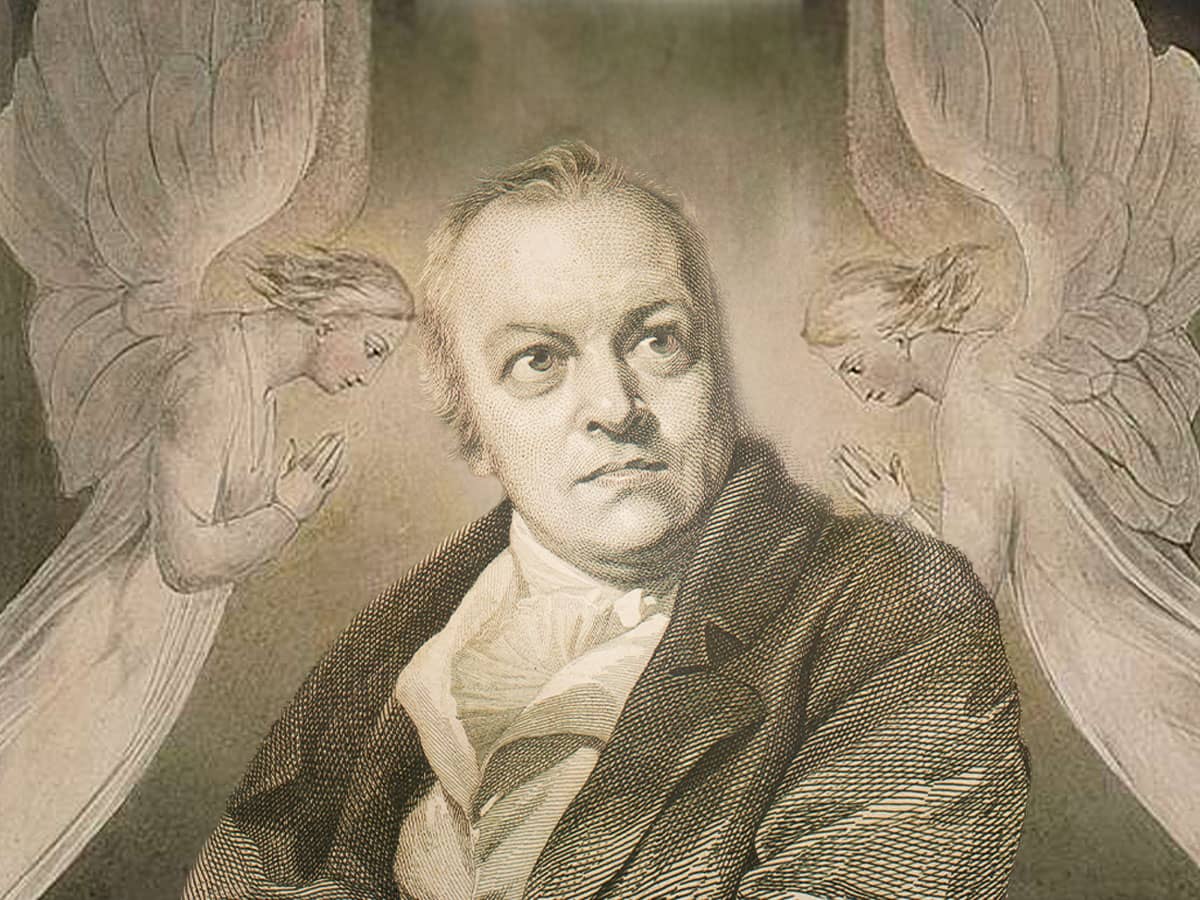
In books, movies, songs, and even in ordinary, everyday life, there’s nothing like a river to put the confusions of existence in perspective – to remind you than there are larger and more important things going on in the universe than whatever’s preoccupying you at the moment.
Any historian will tell you that human beings have favored river sites for the building of their dwellings since the Stone Age. There are important economic and social explanations for why this is so (rivers are good places to live for a lot of reasons), but the real reason why people like to live by rivers isn’t economical or sociological at all, but philosophical: Living by a river helps remind you of what life is really all about.
Here, however, things get a little complicated, because it turns out that there are not one but two basic answers that rivers provide to this question.
The first one – what one could call the Eastern Answer – is exemplified by this passage from "Siddhartha," Herman Hesse’s famous novel about the life of the Buddha.
“He looked lovingly into the flowing water, into the transparent green, into the crystal lines of its wonderful design. He saw bright pearls rise from the depths, bubbles swimming on the mirror, sky blue reflected in them… He saw that the water continually flowed and flowed and yet it was always there; it was always the same and yet every moment it was new.”
Because rivers never stop moving and because they eventually overwhelm anything that stands in their way, they are symbols par excellence of the transience and fragility of life – of the fact than nothing down here on earth is ever totally rock solid, ever totally safe from change and destruction. Change alone, say the advocates of the Eastern Answer, is all that ultimately endures.
If this doesn’t sound all that comforting to you, it probably means that you’re a believer in the other answer to the conundrum of life that rivers provide: the Western Answer. According to this one, rivers are symbols not only of endless change but also of endurance: of the fact that though nothing seems to endure or stay the same for long down here on earth, something really does abide all the same. As more than one Gospel song points out, rivers may flow forever, but they all flow to a definite place: the sea.
I do not know much about gods [writes Eliot]: but I think that the river Is a strong brown god – sullen, untamed and intractable, Patient to some degree, at first recognized as a frontier; Useful, untrustworthy, as a conveyor of commerce; Then only a problem confronting the builder of bridges.When you live by a river, Eliot suggests, seeing it every day, going about your business with it ever in the background, you tend to forget about it. It’s so reliably, predictably there all the time that it becomes – or at least seems to become -- tame and ordinary.
But it never stays that way. As all people who have lived by rivers since the dawn of time could tell you, sooner or later the hidden, “untamed” aspect of the river always manifests itself. It overflows its ordinary bounds, and wreaks destruction upon all the petty structures that human beings have built around it.
Here’s how Eliot put it:
The problem once solved, the brown god is almost forgotten By the dwellers in cities – ever, however, implacable, Keeping his seasons and his rages, destroyer, reminder Of what men choose to forget.These river thoughts were heavy on my mind this past week -- largely because I spent most of it in Memphis, in a hotel just a few blocks from that most celebrated of all American rivers, the Mississippi.
The river was pretty quiet during the days of my visit. Other than a high-water mark on the side of a building far above where its banks presently were, I noticed no signs that it could be anything other than what it was at that moment: a sleepy, pretty presence in the background of a city where life went on from day to day, predictably and safely.
The reason for my visit to Memphis was my stepson’s wedding. Just two days into my stay -- and three days before the wedding itself -- I received a call from my nephew, who told me that my brother (who lives in Atlanta, and was the subject of a previous Winged Life piece) had died. After weighing our options, my wife and I decided to stay for the wedding then drove immediately over to Atlanta for my brother’s funeral.
It was a strange trip, to say the least: one that combined the human celebration most focused on that which abides and endures, and the one most focused on transience and change. And now that I’m home from it, the image that seems to be lingering most in my mind – the one that, I suspect, will come to symbolize it when I think back on it in years to come – is that big, slow river that flowed so tranquilly and harmlessly by our hotel.
Wonderful or terrible, Eastern or Western, the answer that rivers provide to the conundrum of our life is that it is always an infinitely larger and more mysterious thing than we think it is at our more bored and distracted moments. There is more going on in life, rivers tell us, than we could ever presume to know.
Maybe that’s why, in my mind’s eye, the memory of the Mississippi that I’ve brought back with me from my trip to the South is such a strangely comforting one.

